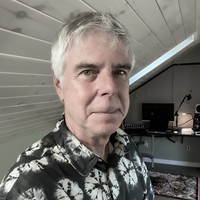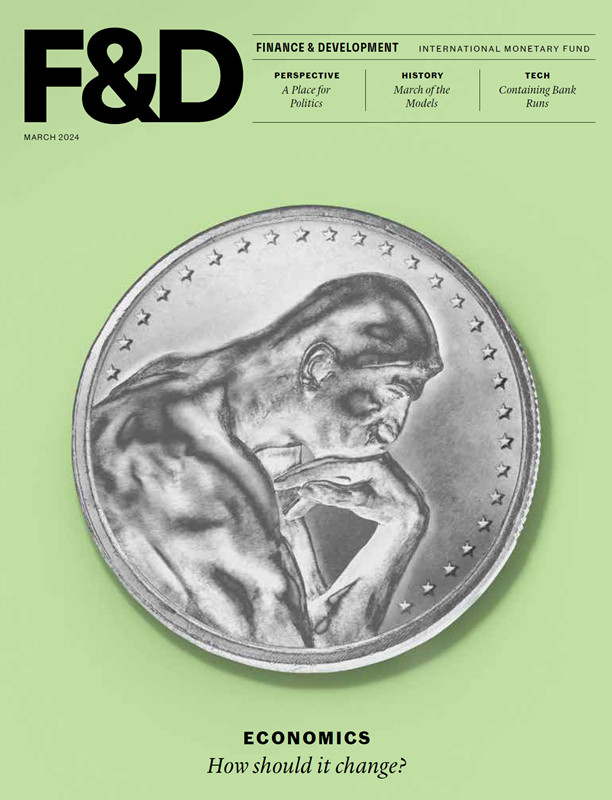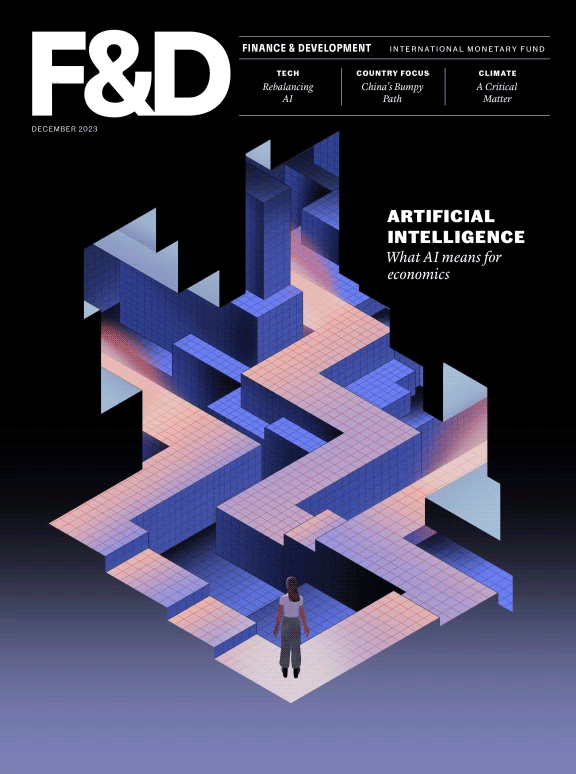As life expectancy increases, Olivia S. Mitchell says it takes financial planning to take the worry out of extra retirement years
Career paths are rarely straight lines, but as new technologies transform jobs at a dizzying pace the twists and turns can throw retirement plans off course. Born to globe-trotting economist parents, Olivia S. Mitchell was introduced to economic principles early on. At the age of five, while living in Pakistan, she observed construction workers pouring concrete by bucket brigade rather than using a cement truck and asked her father why. “Labor is cheaper than capital,” he responded. Mitchell went on to study economics at Harvard and the University of Wisconsin–Madison, with a focus on public economics and development. She has published hundreds of highly regarded research papers and books on the topic and is considered a founder of modern academic pension research.
Mitchell, professor of business economics and executive director of the Pension Research Council at the University of Pennsylvania’s Wharton School, spoke with F&D contributor Rhoda Metcalfe about how supporting healthy aging and improving financial literacy will help society reap the benefits of longer lives.
F&D: What’s the situation for people heading into retirement today compared with past generations?
OM: In the United States 30 or 40 years ago, my parents’ generation faced a strong economy. They had what they believed to be a reliable retiree medical and social security system, and many of them were fortunate to experience a big run-up in housing prices. So when they reached retirement, they were doing relatively well.
Today’s retirees are not necessarily in such great shape. We know that the US and many countries around the world are experiencing falling fertility and rising longevity. This means that our populations are aging much more rapidly. Social Security, which is the first pillar of US retirement security, will run short within 10 years. So the reality is that longevity comes with a silver dividend. We get to live longer, many of us will live healthier, but families and society will have to care for a larger number of frail elderly people.
Economic growth around the world is also likely to slow as older folks start to draw down their assets. The global balance of power will shift from older, richer developed economies toward the emerging world. These are revolutionary changes that we’ve not experienced before.
F&D: What does the prospect of people living longer mean for productivity?
OM: The world will benefit from the longevity dividend if longer lifetimes are accompanied by health improvements. When people remain healthier for longer and continue to work in later life, this boosts productivity and economic growth and provides additional wealth in the form of millions more healthy productive person-years.
F&D: The way we work has also changed in recent years. How does that play into retirement?
OM: There have been a huge number of changes in the workplace, not just because of COVID and the advent of working from home. It used to be that the government took a much bigger role in the design of retirement systems. Employers would also be more involved when they offered defined-benefit plans. That has changed, not only in the US but around the world. As the workforce has changed, and people move between one employer and another, the idea of having to remain with one company for life just doesn’t meet our needs anymore.
F&D: So people are more on their own when it comes to planning their retirement, and part of your research has been to look at how well people are doing in that respect. What have you found?
OM: I’ve been working with a group of researchers on a project known as the Health and Retirement Study, which was launched in 1992. We started surveying people aged 50 and over, and we follow them every two years until they pass away. With their permission, we’ve merged Social Security records, benefit records, and medical records into an incredibly rich database. What we have learned from these surveys is that a goodly number of older individuals never planned for retirement, never saved for retirement, and were not well versed in how long they might live—not only their life expectancy, but the longevity risk they faced, meaning their chances of living to 80, 90, 100 (or even longer).
People who don’t understand the tail risk of living for a very long time probably won’t save enough and tend to retire too soon. One of the things I’ve been working on is trying to inform and educate people about that tail risk.
F&D: Should the government be trying to motivate people to save more?
OM: Many societies do that. In the US, we have so-called tax-qualified savings, where workers can put pretax money into their funded retirement accounts. Many other countries also have such plans. But there’s always a tension, because people who can save for retirement are usually in the top half of the income distribution. People in the bottom half tend to have less money to save. In many cases, a nation’s social security system will do a decent job replacing lower-paid workers’ preretirement income, though private savings are often needed by the higher earners. Also, we need to understand that saving does take encouragement. Let’s be honest, saving is not fun!
F&D: Spending is fun.
OM: Indeed, spending is far more rewarding. The British have discovered something that helps along those lines, called the lottery saving system, sponsored by the UK government. For every pound people deposit in their bank accounts, they earn a lottery ticket for a monthly draw. On average, people receive about the same as they would earn in interest in a regular savings account, but there are a few big prizes. And, of course, people love to win the lottery. So we need to think about new ways to make saving fun.
F&D: But does motivating people to save more for retirement come with some risk, given that spending is really what spurs growth?
OM: To the extent that people put their retirement savings into investments, this also helps grow the economy by making capital available to the tech start-ups and the other companies creating jobs. In my view, governments should also do more to push longevity awareness: if you don’t understand how long you might live, then you will make financial mistakes along the way, as I said earlier. And ultimately, economists should talk to policymakers more. All too often researchers—in government, in multinational organizations, and in industry—tend to talk mainly to themselves. Yet policymakers need to know how academics can inform them. And conversely, policymakers have questions about things that academics might examine and evaluate.
F&D: Is financial literacy, or lack thereof, improving in our society?
OM: Financial literacy is absolutely essential in this complex financial world. In the US, 21 states now mandate financial literacy classes in high school. The young adults that grow up taking those classes are much better at planning, budgeting, saving for retirement, and so forth. Such knowledge can have a lifelong impact.
F&D: One can easily be drawn into taking on more credit now. Do you worry about the predatory nature of some of the investment options out there?
OM: I do worry about it, especially for a younger generation that is increasingly focused on apps on their phones. It’s too easy for people to get involved in cryptocurrency and other complex financial products about which they are underinformed. As a result, they can end up losing a lot of money. In earlier times, your employer would help manage your retirement accounts, and your broker would help you invest in the stock market. But because people can now borrow and invest directly through apps, it’s becoming much easier to be bamboozled and even defrauded. It’s also a worry for the older population, where fraud is mounting too.
F&D: What steps should people take to stay anxiety-free and not run out of money in their retirement years?
OM: I like to quote Barbara Judge, a Penn alumna, who ran the British pension insurance system for some time. I’ve adopted her mantra, which was “Work longer, save more, and expect less.” That’s where we stand today. So if you are healthy enough to stay on the job, I’d say keep working as long as you can.
Opinions expressed in articles and other materials are those of the authors; they do not necessarily reflect IMF policy.









